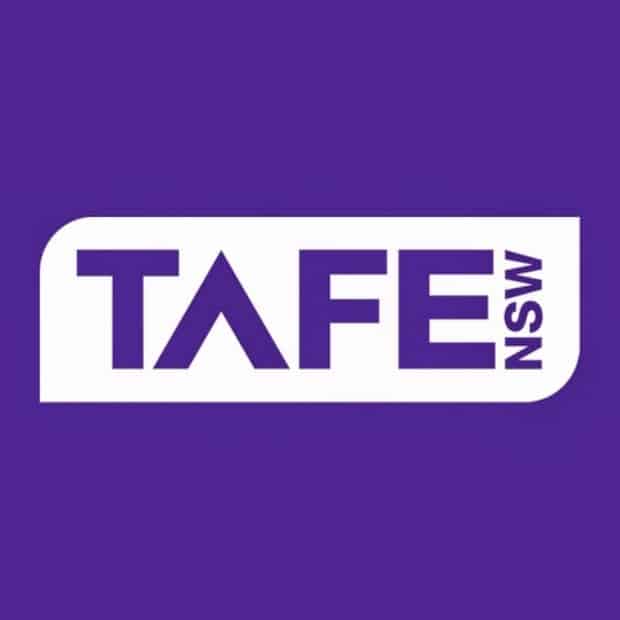
I have seen many Indian parents lower their voices and sound slightly apologetic when they say, “My son (or daughter) is doing a TAFE course”. And, tragically, the listener too looks like they should be offering condolences!
Why, oh why, is this so? TAFE has qualifications that include diplomas, advanced diplomas, associate degrees and bachelor degrees that are held in high regard by employers. I have often heard of employers preferring a TAFE graduate over a Uni graduate because they say, “I am very sure that the TAFE graduate will have sound practical skills to start working straight away”. This is the main difference between study at TAFE and at Uni. TAFE students first get an understanding of an occupation through practical, applied learning that then makes the theory more relevant and easier to understand. University study works the other way around, with a focus on heavy theoretical knowledge.
For many students, this is just not the way they learn. It is easier to learn from concrete to abstract, rather than the reverse. It is not that TAFE is ‘easier’ or for the academically challenged, it is just a different way of learning. There are also students who do really well academically in high school and flounder when they enrol in a TAFE diploma or degree. They have to learn to learn differently! It is hands-on learning and often in authentic work environments.
So is it any wonder that employers would rather have these graduates who have learnt hands-on skills in work-like environments, who can start working with minimal training? In fact, employers have been raising concerns about the employability of university graduates for some time. Also, there are more than 50,000 university graduates in NSW alone who enrol in TAFE courses to complement their Uni qualifications.
TAFE courses are developed in consultation with industry, and hence the outcomes are industry-ready graduates who are immensely employable. The class sizes are smaller than Uni with practical, dynamic learning environments that try as much as possible to simulate the real world.
There are also seamless pathways from TAFE diplomas and advanced diplomas to Universities either through credit transfer or through integrated pathways in which part of the Uni degree (usually the first two years) are completed at TAFE. This gives students the practical edge as well as the economic edge! I once heard an employer say that if he had to choose between a Uni graduate who had gone straight to Uni and a Uni graduate who had completed the same degree through the TAFE pathway, he would give the job to the latter any day.
So if your child has not been able to get into the degree of their choice, or is thinking of dropping out of Uni because it is “just not for me”, why don’t you encourage them to go the TAFE pathway without making them feel like second class citizens? Maybe that is their learning style and they could thrive in that environment. And then, when they have got the skills and understood the relevance of learning the theory, they may go ahead and complete the engineering or commerce degree you dreamt for them!
Ref: The best of Both worlds: A Significant Tertiary Pathway for Students.






